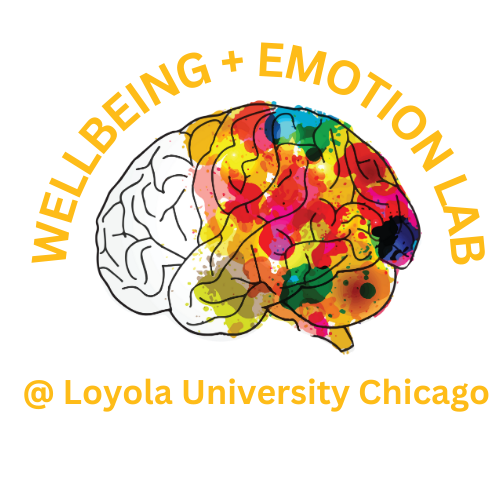WELL LAB DIRECTOR
Dr. Rebecca L. Silton (she|her) is an associate professor in the psychology department at Loyola University Chicago. She is the founding director of the WELLbeing and Emotion Lab @ Loyola (WELL LAB). She received her BA in psychology from Macalester College and her PhD in clinical/community psychology from University of Illinois Urbana-Champaign. She completed her clinical internship at University of Washington and postdoctoral fellowship at Seattle Childrens Hospital. Dr. Silton is an affective neuroscientist. Her current research is focused on understanding how to optimize positive emotions in order to cultivate wellbeing and vitality for individuals and their communities. Current research includes work that aims to advance innovative neuroscience-informed interventions that ignite healthy patterns of affective function and related patterns of neuroplasticity that are associated with positive health and wellbeing outcomes.


